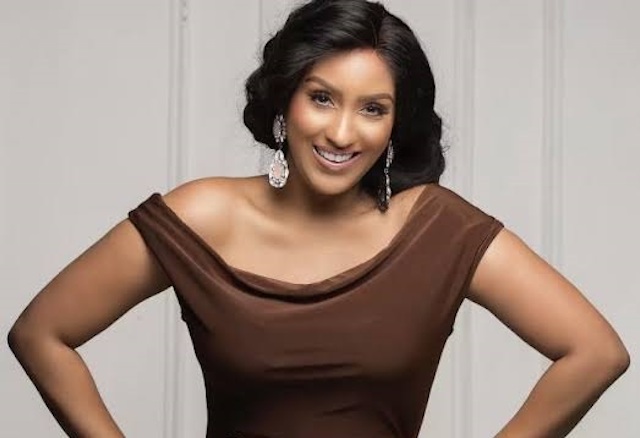![]()

I am a black woman, not half-caste – Juliet Ibrahim
In the wake of protests against racism in America, following the killing of George Floyd in police custody, many Africans have moved to share their stories of being victims of discrimination.
Liberian-born Ghanaian actress Juliet Ibrahim has also taken to social media to lament bitterly about how people identify her as a ‘half-caste’ and not a pure black woman.
In a post on her Instagram page, the actress told a story of how someone challenged her on not being “black enough” to be called a black woman because of her skin colour.
Juliet says she finds the term ‘half-caste’ very derogatory to describe a people of mixed race or mixed ethnicity.
She wrote: “I had a random conversation the other day with someone and it was appalling when he mentioned passively to me that he doesn’t see me as a #Blackwoman!
"He argued, you are not “black enough” your skin isn’t dark enough, your hair not kinky enough. And thus my siblings and I do not “count” as Black.
“Now this is Exactly, what we are fighting to correct amongst ourselves and the world at large. I am a black woman!
"When I’m abroad amongst the whites, I am classified and recognized as a black woman, however, right amongst us Africans I’ll be referred to as a Half-Caste! This is the most derogatory term to describe a person of mixed race or mixed ethnicity.”
![]()
Juliet Ibrahim (centre) with her sisters
Juliet, who has two sisters and a brother, insisted that people of mixed race are no less black than their dark-skinned counterparts.
She went on to advocate unity and called for an end to racism, tribalism, colourism and segregation among fellow Africans.
She continued, “We are referred to as mixed race or multi-racial! Mixed race people are no less black than their dark-skinned counterparts. So, let’s all say NO to RACISM, TRIBALISM, COLORISM and SEGREGATION.
“Let’s teach and train our children to grow up and accept people for who they are and not by the colour of their skin.”
Juliet Ibrahim was born in Liberia to a Lebanese father and a Liberian mother. She and her siblings spent most of their childhood in Lebanon and Ivory Coast due to the then Liberian war.
